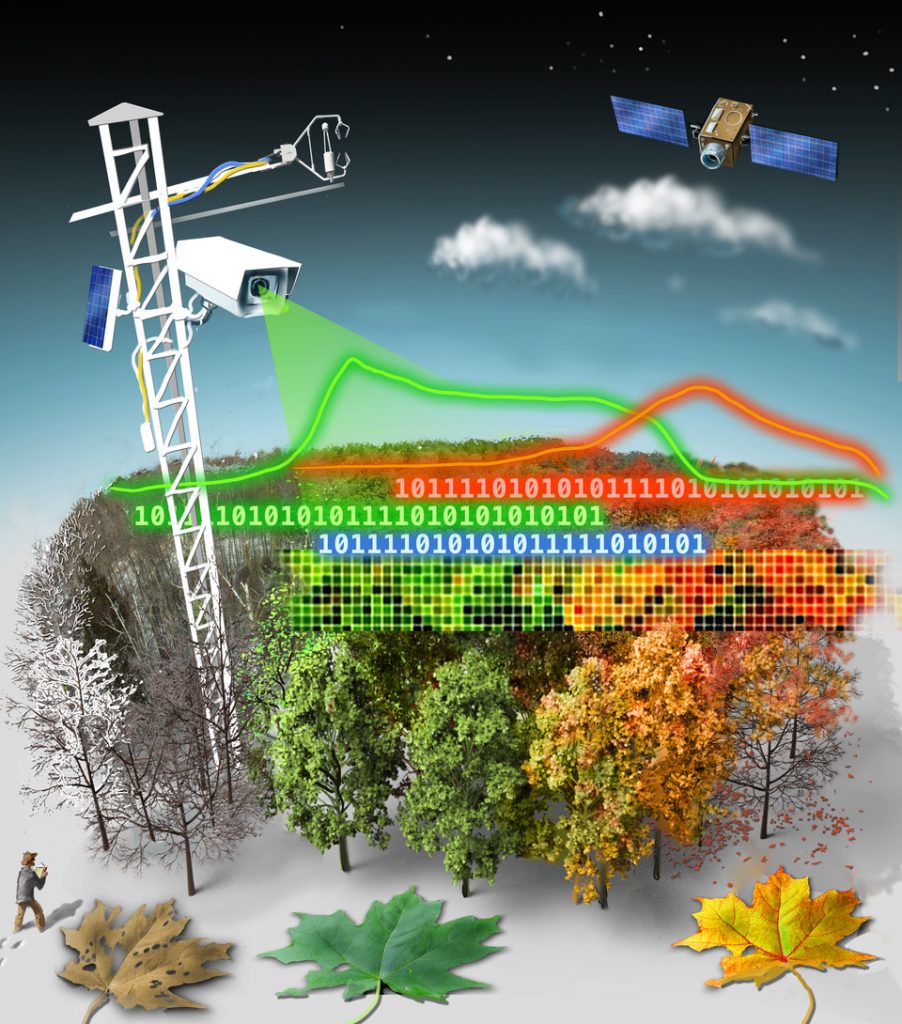Gain the skills you need to thrive in today’s information-savvy workplace and follow your passion for the environment and ecology.
The interdisciplinary Bachelor of Science in Informatics integrates cutting-edge tools and skills from data analytics, data science, computing, statistical analysis, and modeling with fundamental knowledge from emphasis areas in biology, health, ecology, environmental science, and/ or astronomy.
Recommended Courses
Core Courses
CS 122/L Programming for Engineering & Science
CS 126/L Computer Science I
CS 136/L Computer Science II
CS200 Computer Organization
CS249 Data Structures
CS 345 Database Systems
CS 386 Software Engineering
CS 480 Operating Systems
EE 222 Intermediate Programming
INF 376 Informatics Research I
INF 386 Informatics Research II
INF 476C Informatics Capstone I
INF 486C Informatics Capstone II
MAT 136 Calculus I
MAT 137 Calculus II
MAT 226 Discrete Mathematics
STA 275 Statistical Analysis
STA 371 Intermediate Statistics
ENG 302W Technical Writing
Ecoinformatics Emphasis Courses
BIO 181/L Unity of Life I
BIO 182/L Univity of Life II
BIO 226 Ecology
INF Electives (12 Credits)
INF 205 Intro to Ecoinformatics
INF422/522 Ecoinformatics tools and data
INF 421/521 Mechanistic Ecological & Environmental Modeling
INF 414/514 Disease Ecology
INF 423/523 Informatics for Community Food, Energy and Water Systems
General Electives (21 Credits)
Bio 205 microbiology
Bio 369 Environmental microbiology
BIO 441 Conservation Biology
BIO 479 Ecosystems and Climate Change
CHM 151 General Chemistry I
CHM 152 General Chemistry II
CHM 235 Organic Chemistry I
CHM 238 Organic Chemistry II
CHM 360 Fundamental Biochemistry
PHY 111 General Physics I
PHY 112 General Physics II
GSP 320 Introduction to remote sensing
GSP 433 Spatial Analysis & GIS Applications
GSP 435 Programming with GIS
CS499 Machine learning
ENV 115 climate change
ENV 230 Foundations Of Environmental Science
ENV 360 Physical And Chemical Processes In The Atmosphere And Hydrosphere
ENV 377 humans and the hydrosphere


